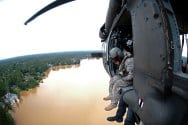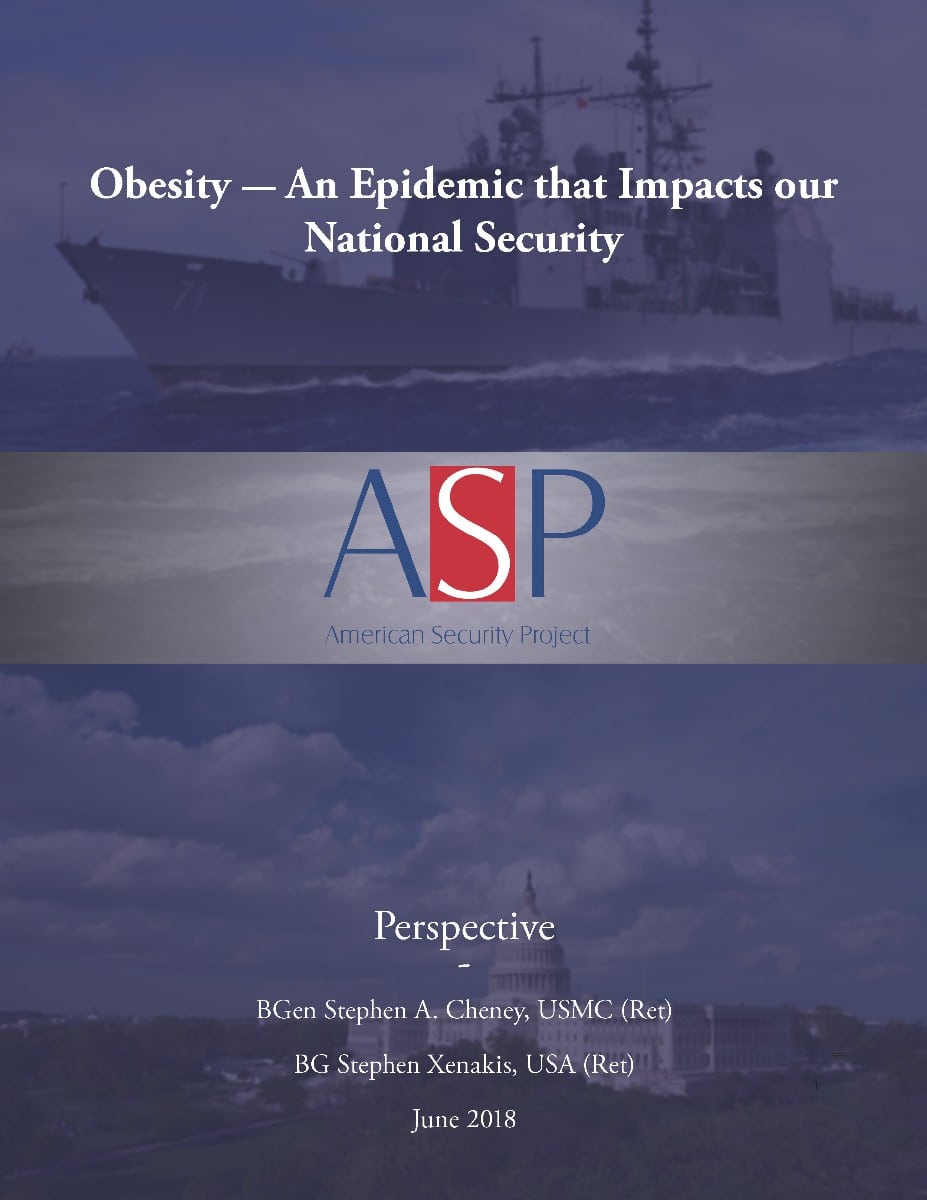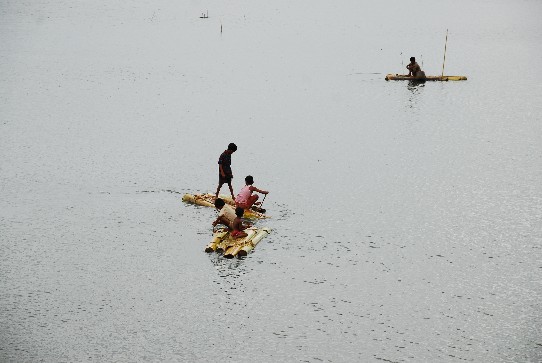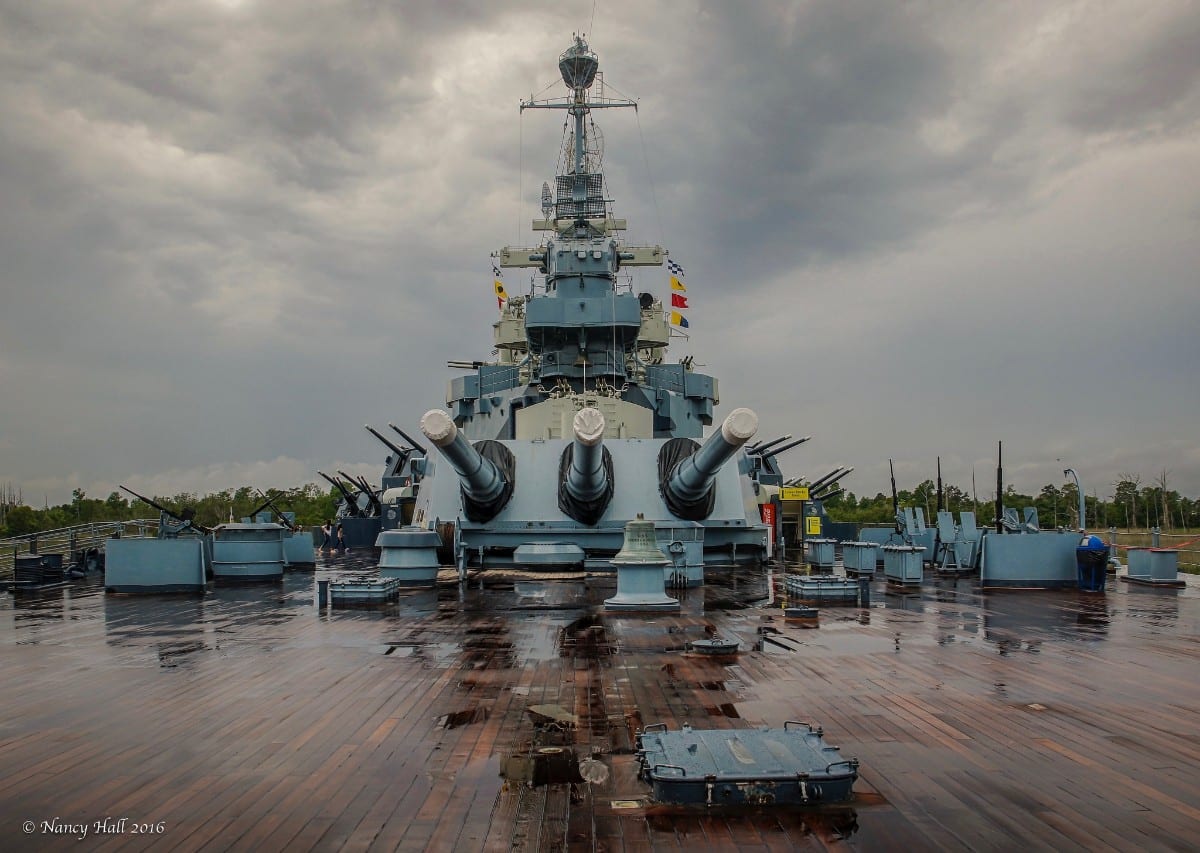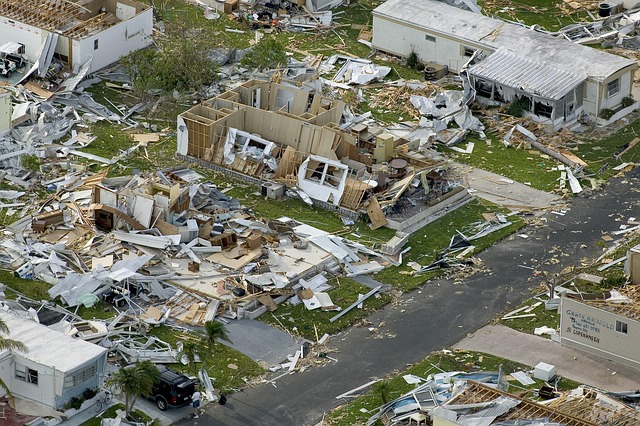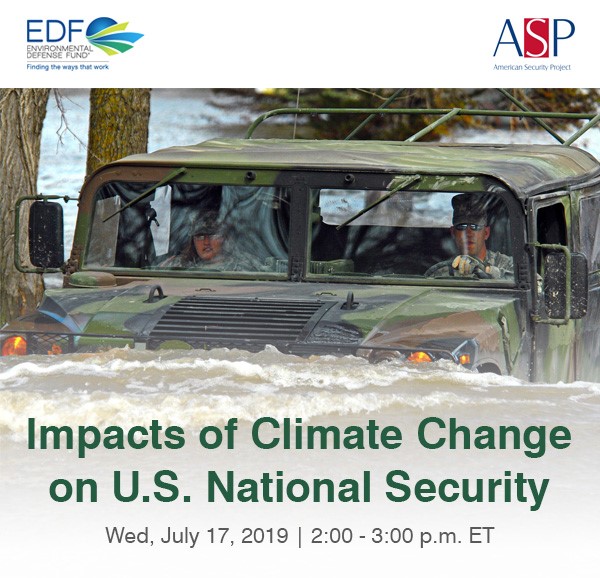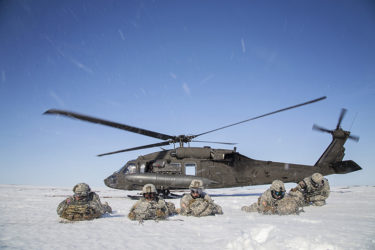Sea Level Rise & Security in South Carolina – Implications for Military and Civilian Communities
“I’ve taken two briefs in the last eight months on what I consider our most critical vulnerability, and that’s Parris Island, South Carolina.” – Assistant Commandant of the Marine Corps, General Glenn Walters The Center for Climate and Security’s Military Expert Panel, including ASP Consensus Member Lieutenant General John Castellaw, USMC (Ret), and other senior retired […]

